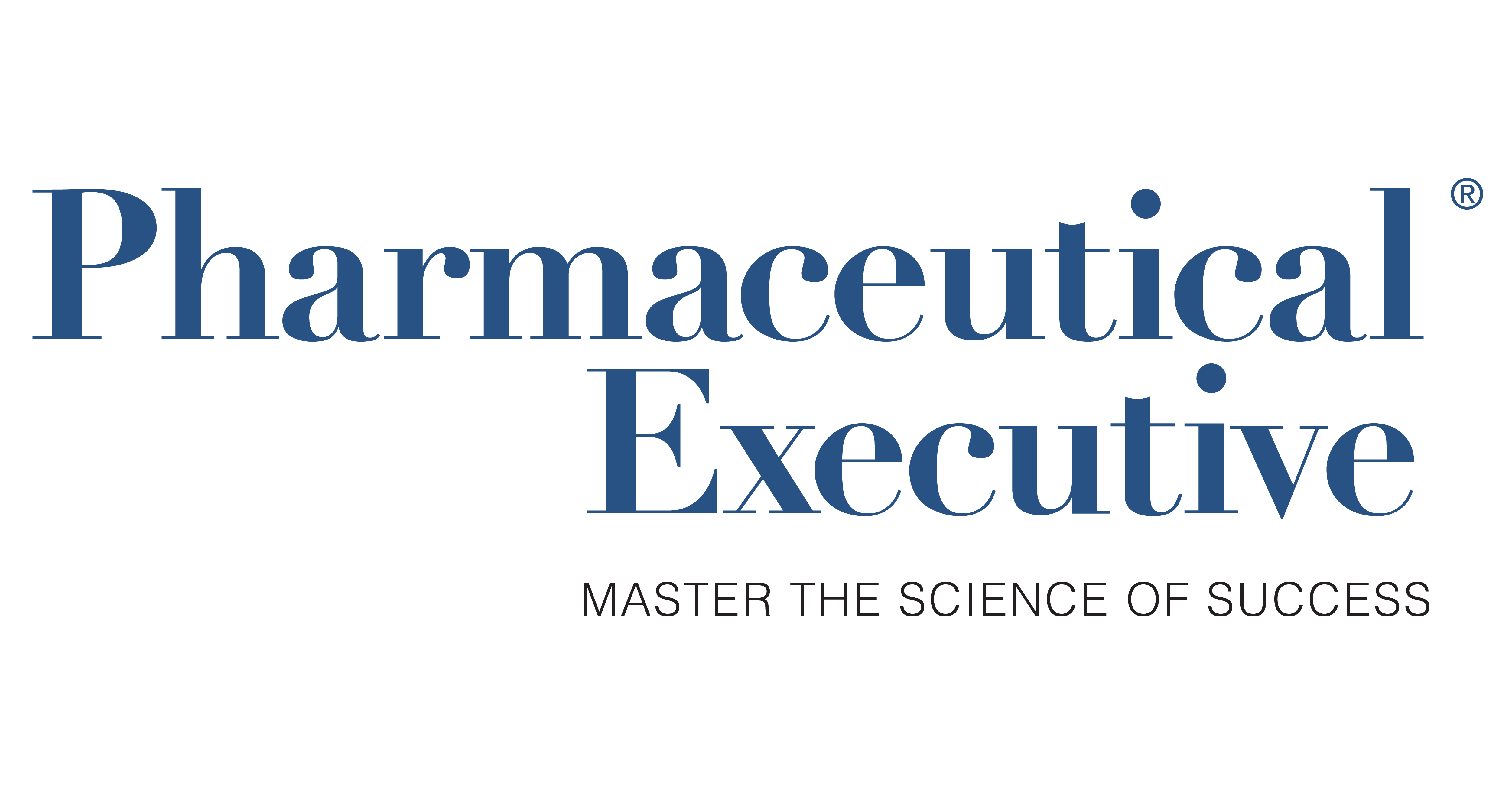
As senior vice president, head, development operations and portfolio management at Regeneron, Bari Kowal, has first-hand insights into how the pandemic impacted the company’s development and the positives that will come out of the pandemic.
Kowal says that early in the pandemic, Regeneron considered whether it could develop a potential treatment for COVID-19 using the same approach used for other emerging infectious diseases: antibody cocktails. This thinking centered on three areas: what kind of antibody cocktail they needed to develop, how they would quickly plan the trials in a matter of days—not months—and how to conduct and execute the studies efficiently.
“It was groundbreaking to develop an antibody cocktail that quickly,” says Kowal. “There was a shared sense of determination across the company to complete the analysis to get it from a concept to being authorized for emergency use by the US FDA.”
The company first worked on its IL-6 receptor antibody, sarilumab, as a potential COVID-19 treatment. “Although we didn’t see efficacy there, we ran those trials swiftly, which gave us a strong foundation for the monoclonal antibody cocktail,” notes Kowal. “We also presented our results from the monoclonal antibody trial to FDA, other regulatory agencies, and physicians.” That resulted in all parties having confidence in the safety and efficacy of the therapy as a viable treatment for patients.
There were key aspects that successfully guided Kowal, and Regeneron as a whole, through the pandemic. Kowal points to the company’s tagline: “Science to Medicine.” “Scientific rigor is at the heart of what we do. We adapt rapidly, even in a remote environment,” explains Kowal. “We were already taking thoughtful action when we needed to, and we’ve always adapted rather nimbly to evolving situations and new data.”
Specifically, Regeneron relied on flexibility; an end-to-end suite of proprietary technologies for drug discovery, development, and manufacturing; and a sense of urgency.
These key items also came to bear on Regeneron’s non-COVID-19 trials. “Managing our pipeline during the pandemic was undoubtedly not an easy task,” says Kowal. In January 2020, based on the early knowledge of COVID-19 appearing in several countries outside the US, Kowal’s team put together an impact assessment.
“We could not have predicted what was coming, but we felt prudent to plan for the best- and worst-case scenarios proactively,” says Kowal. The company checked drug depot locations and whether they were affected before COVID-19 impacted the US; the then-current data to plan for additional supplies for existing trials; and employing decentralized tactics for other trials.
While some studies at specific sites in countries with lockdown were paused, others began using the decentralized methods that weren’t new, but also weren’t utilized on an ongoing, consistent basis. “For example, as we look at home health, you can do a fair amount to treat patients remotely with a home nurse—such as drawing blood and virological sampling. We also used telemedicine when patients could not visit our sites and asked patients to record their symptoms using their own electronic devices,” explains Kowal. “I’m grateful to say the impact on our pipeline has been limited during this pandemic, and I indeed attribute that toward the planning that we did to prepare ourselves.”
Now, moving forward, the preparation for the future begins. Kowal says, “I think this is a turning point for our industry and clinical trials. I have seen the industry as a whole recognize how we have progressed our trials at a speed that we hadn’t [had] in the past. With that being said, I don’t expect us to constantly be moving at the speed of the pandemic in the future. I think that’s unreasonable for a standard trial, but I know we can take away key learnings on how to plan and conduct tests faster and be nimbler as an industry.”
For Regeneron, those lessons moving forward will provide easier, less costly, and more patient-centric ways of trial execution.
“For example, we’ve developed novel digital endpoints using wearables to get information for our trials, which we hadn’t in the past,” says Kowal. This includes insoles to predict falls in skeletal muscle trials and pulse wave analysis to predict heart failure—technologies that foster real-time data. Remote monitoring to take advantage of its transparent data flow is also on the immediate table.
— Editor’s Note: This article originally appeared in a Q&A format, conducted by Moe Alsumidaie. https://www.appliedclinicaltrialsonline.com/view/inside-regeneron-s-monocolonal-antibody-development
"urgent" - Google News
June 09, 2021 at 02:00PM
https://ift.tt/3gsNO8j
Scientific Rigor, Urgent Action - Pharmaceutical Executive
"urgent" - Google News
https://ift.tt/2ya063o
https://ift.tt/3d7MC6X
urgent
Bagikan Berita Ini














0 Response to "Scientific Rigor, Urgent Action - Pharmaceutical Executive"
Post a Comment